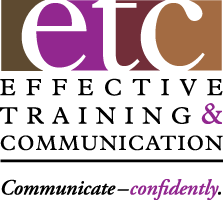Strike out against oppression – there are some rules of grammar you can and should consider break if you want to enhance your routine workplace writing and write free!
I hated traditional grammar in school like most people … and most writers. So, I routinely break some time-honored practices today just to have fun, flaunt my sense of independence and creativity and get back at Professor Gwendolyn Apostrophe-Dingleberry for all her abuses in 11th grade English class. If only she could know that I earn some of my living as a professional freelance writer and executive writing coach, she’d turn over in her grave in Grammar Hell.
